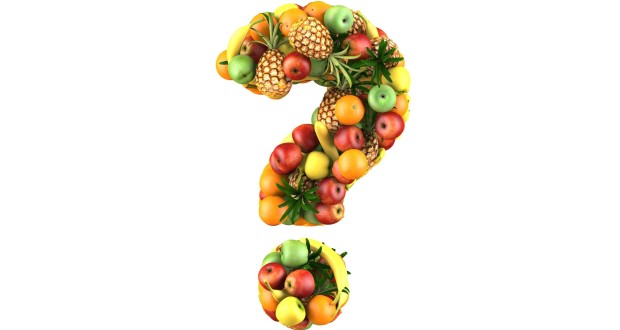Editorial Review for Livestrong Seafood List
You’d think an organization like Livestrong would be careful about making sure everything they put on their site was accurate, honest and trustworthy. When it comes to the group’s latest posting, a seafood list by Lynette Arceneaux, did not meet the high bar that, given the history of their founder and his “serial deceptions,” most would assume they’d prioritize.
Good for Livestrong for helping patients, caretakers, and survivors of cancer. Sure, the organization’s founder has an unfortunate past, but maybe the group has a bright future. However, posting erroneous nonsense with little or no editorial oversight doesn’t do them any favors.
The article 13 Types of Fish to Avoid Eating is teeming with misinformation and fails utterly as any sort of legitimate nutrition resource.
Arceneaux begins her seafood list by telling consumers to avoid wild Chilean Sea Bass. Which is curious because there’s no such thing as farmed Chilean Sea Bass. A red flag right off the bat that perhaps the author isn’t quite an expert on the subject matter. She then goes on to highlight, for sustainability reasons, which specific South Pacific islands consumers should sources their Sea Bass from. What she doesn’t tell you, or perhaps know, is that the National Oceanic and Atmospheric Administration requires “pre-approval of each [Chilean Sea Bass] import” as part of its catch documentation work. So, regardless of which island it came from it’s monitored to ensure it’s sustainable and legal.
She then offers consumption advice about Tilefish from the author of a book that warns against eating fish. Oh and he’s also under investigation in Canada for after claiming he can “cure cancer with wheat grass suppositories and a diet of raw vegan food.” So it’s good to see Livestrong is staunchly vetting their experts these days.
And from a practical stand point Arceneaux’s admonition to avoid Bluefin tuna makes little sense at all. No doubt it’s got a poor sustainability story but Americans eat, per capita, about the weight of a few paperclips in Bluefin every year. Yet she takes up precious space on her non-scientific seafood list to warn consumers about it? Okay.
She wraps up the seafood list with a sweeping generalization that “if you buy grocery store tuna rolls, understand that most are made from substandard seafood.” Here she is just flat out wrong and offers no way to verify her claims except a conversation she had with a restaurant chef. The same chef who claims you can’t trust grocery store sushi because the “seafood supply chain isn’t tracked very well.” Once again, they are both make claims that not a single shred of independent evidence can back up.
Ultimately, it’s sad that Livestrong would allow this kind of hyperbolic click-bait to populate its site. A once highly regarded organization fighting to regain its credibility might consider taking this post down as part of an editorial review.



